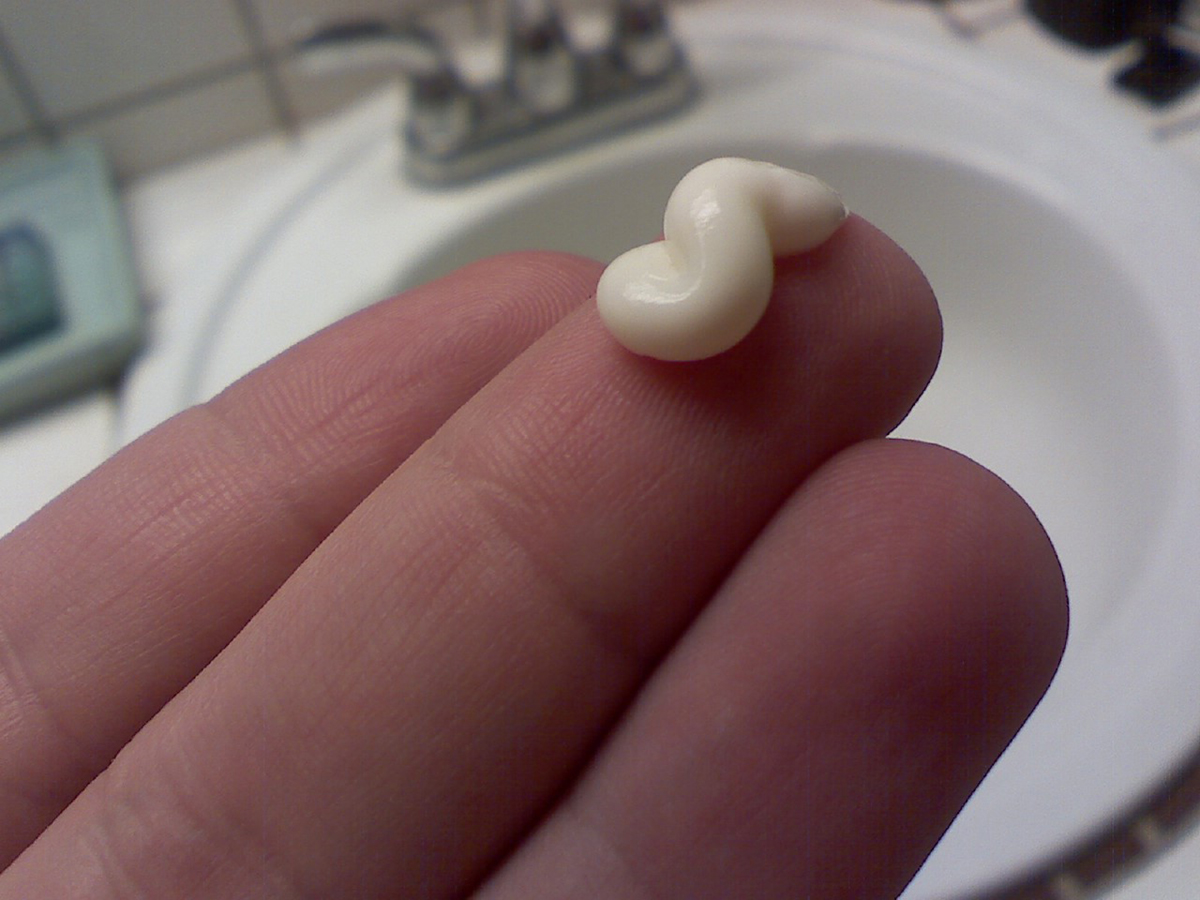Psoriasis is a skin condition that is characterized by the development of raised plaques on the surface of the skin. The plaques can occur anywhere in the body and are often reddish in appearance. The exact cause as to why this condition occurs in some people is unknown, although a genetic component has been identified over the last few years. This genetic component is only one part of the puzzle though, since it may be present in a number of people who never manifest any clinical symptoms of the disease. It is likely a combination of external factors or triggers is needed to activate this gene in the body.

What Goes Wrong In Psoriasis?
Our skin is made up of a number of layers and during the normal life cycle of a cell, it moves up through these layers, eventually being shed off and replaced by other skin cells. The time taken for this entire process is greatly reduced in patients suffering from psoriasis.
Thus, dead and non-vital cells accumulate at the top layer faster than they can be shed off leading to the formation of a raised plaque. The underlying skin starts to become reddish as the body increased blood flow to the area in an effort to keep the cells nourished for as long as possible.
How Is Psoriasis Related To Dental Problems?
The gums are technically part of the skin that covers our body and the same cellular malfunction that occurs elsewhere can occur here as well. In rare cases, psoriasis will begin with the appearance of plaques on the lips, gums, tongue and the inside of the cheeks. There are also documented cases of psoriasis in which there were never any other clinical symptoms elsewhere on the body.
Psoriasis also puts the patient at an increased amount of risk for the development of other dental problems. The incidence of geographic tongue and fissured tongue is much higher in people suffering from psoriasis, although the exact link has been hard to define.
Psoriasis And Gum Disease
Investigation into a link between psoriasis and gum disease is not a recent occurrence. Researchers have been finding evidence of increased incidence of gum disease in psoriasis patients and vice-versa as well, however they were never able to prove a cause-and-effect relationship between the two.
The current state of understanding is also pretty similar. Both the diseases seem to be occurring as an exaggerated response of the immune system in which an inordinate amount of damage occurs to the normal bystander cells.
READ Biologics - New Treatment Hope For Psoriasis Sufferers
One line of thinking suggests that an improvement in psoriasis can be seen by getting treatment for infected gums. This is because the pro-inflammatory mediators released from the gums lead to stress on a jumpy immune system. As a result, when dead skin cells start to accumulate near the top layers of the skin, the body goes into overdrive to try and reverse the situation.
Anecdotal evidence exists about people who found that their psoriasis improved dramatically after getting their infected teeth extracted or after getting gum treatment.
Dental Management Of Psoriasis Patients
Management Of Oral Psoriasis
The first step is to recognize the symptoms and diagnose the condition so that appropriate treatment can be started. If oral symptoms are the first to appear then a dentist is likely to be the one making the diagnosis.
Ulcers, whitish or reddish patches, increased gingival inflammation, evidence of bone loss, migration of teeth and early loss of teeth are all some of the dental complications associated with Psoriasis. While clinical symptoms are enough to diagnose the condition, a biopsy is frequently ordered for confirmation. The severity of the symptoms can vary widely from patient to patient making for wildly different clinical pictures and coupled with the fact that the incidence of oral Psoriasis is quite low, diagnosing this condition can be a real challenge.

The course of treatment involves systemic steroids, local steroids, antioxidants and nutritional support. The dentist will follow the guidelines of the attending dermatologist or physician in this case. Anesthetic gels may be advised to help the patient in managing the oral symptoms.
A lot of patients frequently complain of a burning sensation and an inability to eat spicy food. Even though the link between gum disease and psoriasis is tenuous at best, the dentist must assume that the patient is at an increased risk of periodontal destruction and proceed accordingly.
An assessment of the current state of the dentition is done during the initial stages. If the periodontal destruction is minimal then non-surgical therapy like scaling and root planning should be considered. Patients should be put on a strict maintenance schedule, preferably once every three months, so that gingival inflammation is kept under control.
READ Link Between Psoriasis And Hypertension
For moderate periodontitis, surgical options also must be considered. The use of bone grafts and membranes to stabilize the dentition is not contraindicated. Ideally, the patient should have an easily maintainable dentition at the end of the surgical treatment.
In case the dentition is severely compromised, extraction of the hopeless teeth should be undertaken at the earliest. Sometimes this may mean that almost all of the teeth have been extracted at a relatively young age.
For such patients, a complete denture is a good option. Implants have been successful in patients with psoriasis, however, the risk of failure is much higher than in unaffected patients. If the patients are willing to spend a large amount of money and commit to a rigorous oral hygiene program, then there is no harm in going ahead with planning for a fixed prosthesis.
Conclusion
The nature of psoriasis has made it difficult to quantify exactly how much benefit dental treatment affords it. It goes through periods of remission and exacerbation without any apparent reason. This period of inactivity may coincide with dental treatment or may be caused by it but knowing for certain is almost impossible.
READ Psoriasis: A Demoralizing Disease That CAN Be Cured
What is well known and accepted is that all conditions which contribute to an inflammatory stress on the immune condition should be counteracted with vigor. Gum disease also falls into that category and should thus be afforded special attention in psoriasis patients.
- www.colgate.com/en/us/oc/oral-health/conditions/immune-disorders/article/how-to-treat-your-psoriasis-mouth-symptoms-0715
- www.dentalhealth.org/news/details/644
- Photo courtesy of mysiann: www.flickr.com/photos/mysiann/489536302/
- Photo courtesy of thecampbells: www.flickr.com/photos/thecampbells/3350877893/
- Photo courtesy of mysiann: www.flickr.com/photos/mysiann/489536302/

